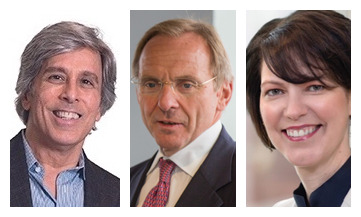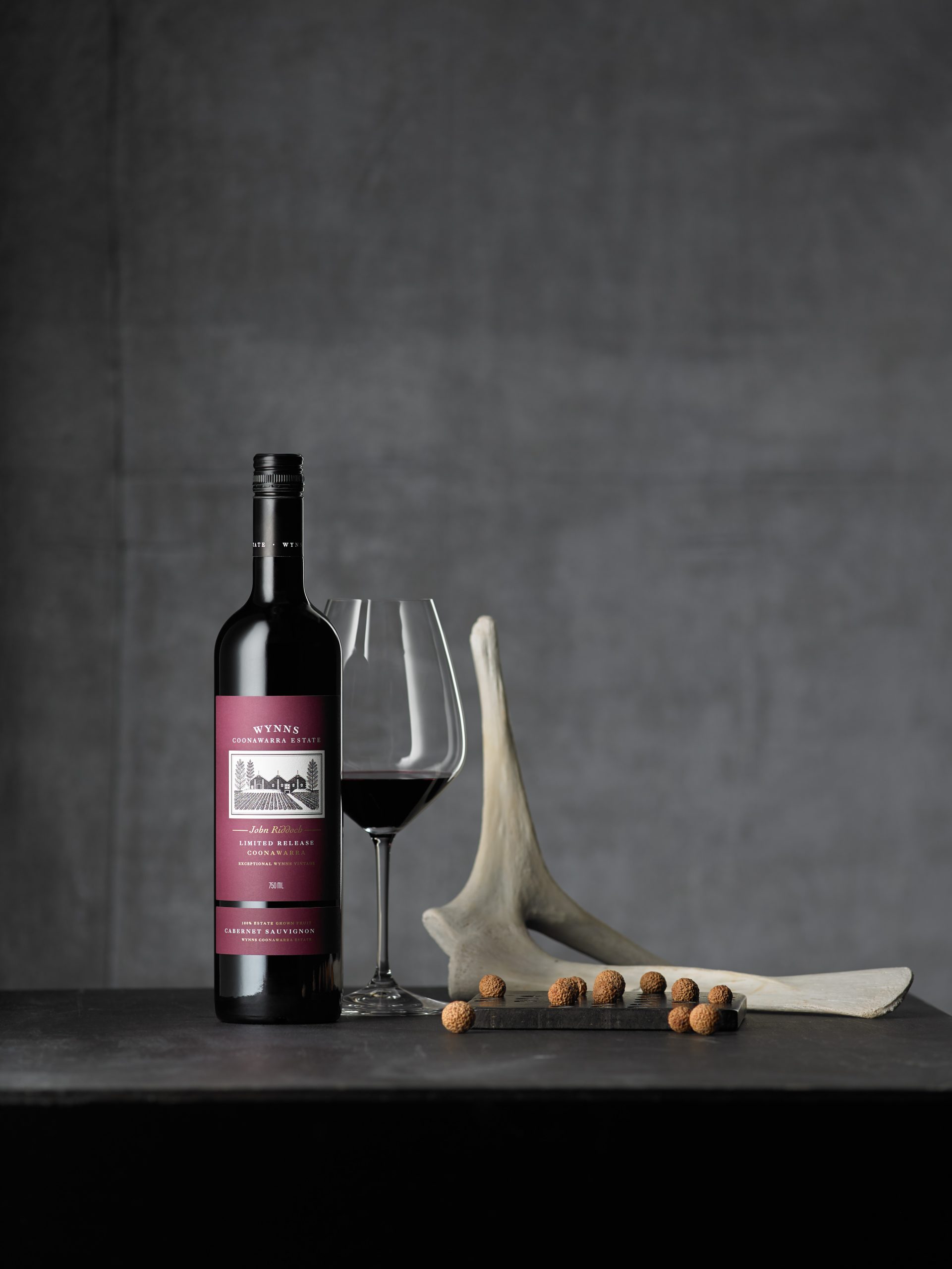It’s all change at Diageo
Diageo is doing something rare among top companies, changing its entire guiding triumvirate within a short time span. Ron Emler reports.

Lavanya Chandrashekar’s stepping aside in the summer as Chief Financial Officer to make way for Nik Jhangiani, CFO at Coca-Cola’s largest bottler Coca-Cola Europacific Partners, means that the world’s biggest premium drinks group will have changed its chairman, chief executive and finance head within the space of 18 months.
CEO Debra Crew had been scheduled to take over from the late Sir Ivan Menezes last July and was being eased into the driving seat when his sudden death last spring triggered her early elevation.
Chairman-designate Sir John Manzoni, a non-executive director, is already being guided into his role in preparation for Javier Ferran to retire next February.
Those were both planned successions of selected insiders who know Diageo in detail, but the departure of Chandrashekar, who is leaving the group and moving back to the US, has raised eyebrows among investors and analysts.
F1
In an analogy with F1 grand prix racing one analyst has compared a company chairmanship to that of a team principal, the CEO to that of the lead driver and the CFO to the chief engineer who knows the car’s workings intimately and watches the data intently for the slightest hint of misfiring.
So rapidly changing all three suggests drastic action being taken.
All the global drinks giants have faced pressure in supply chains and distribution systems following a consumer downturn that inevitably followed the huge jump in demand during the pandemic.
Diageo has been under a cloud for the past year, during which its share price has dropped by 25% to 2,750p.
Others have also seen their shares head south; Pernod Ricard’s have fallen by almost 30% in the past 12 months, for example.
Shares fall
But Diageo’s the shares fell by 12% in a single day last November when it issued a sudden profit warning because of a projected 20 % sales slump in Latin America, a region which accounts for more than a tenth of its business.
Partner Content
The problem, Crew implied at a meeting with investors and analysts, was that its data systems had failed sufficiently to identify a sudden downturn in wholesaler and consumer demand, leaving it with significant overstocking that would take some time to unravel.
“We have set out a clear action plan to address recent performance challenges in our [Latin America and the Caribbean] region and we remain confident in the long term,” she told them, suggesting that the group would soon be back on the growth path and that the financial damage could be limited to the present financial which runs to the end of next month.
But externally wariness has remained, especially as in the face of inflation and consumer downtrading competitors have reported retrenchment among customers in the US.
Capabilities
So the speculation is that Chandrashekar is being replaced by Jhangiani to further beef up Diageo’s data and financial capabilities.
When it comes to deep statistical knowledge of consumer trends and markets, Coke really is the “real thing”.
Its awareness of how its products perform as trends evolve is second to none, so the marquee hiring of Jhangiani from Coke’s biggest bottler is viewed as a positive because of his strong record of focusing on focus on cash, returns and growth.
Head-hunting such a top hire is not an overnight process so Diageo has acted comparatively rapidly.
Scepticism
But on the other hand, there is some scepticism that after Jhangiani joins in the autumn and gets an intimate insight into Diageo’s workings he may be less optimistic about backing its long-term goal of average organic sales growth of between 5% and 7% a year.
Chandrashekar is credited with developing systems to save Diageo up to $2 billion in operating costs over the next couple of years but if, as some fear, the boom has come to an end, Diageo’s growth target may be overly ambitious and it will be more acceptable to present revised ambitions after a thorough reworking of the data.
That will take Jhangiani a while, so in the interim it will be interesting to see whether Crew reconfirms those medium-term goals when she presents her first set of annual results at the end of July.
Related news
Diageo sells East African Breweries stake to Asahi for US$2.3bn
Diageo says ‘business as usual’ as Belfast Guinness workers reject pay offer




